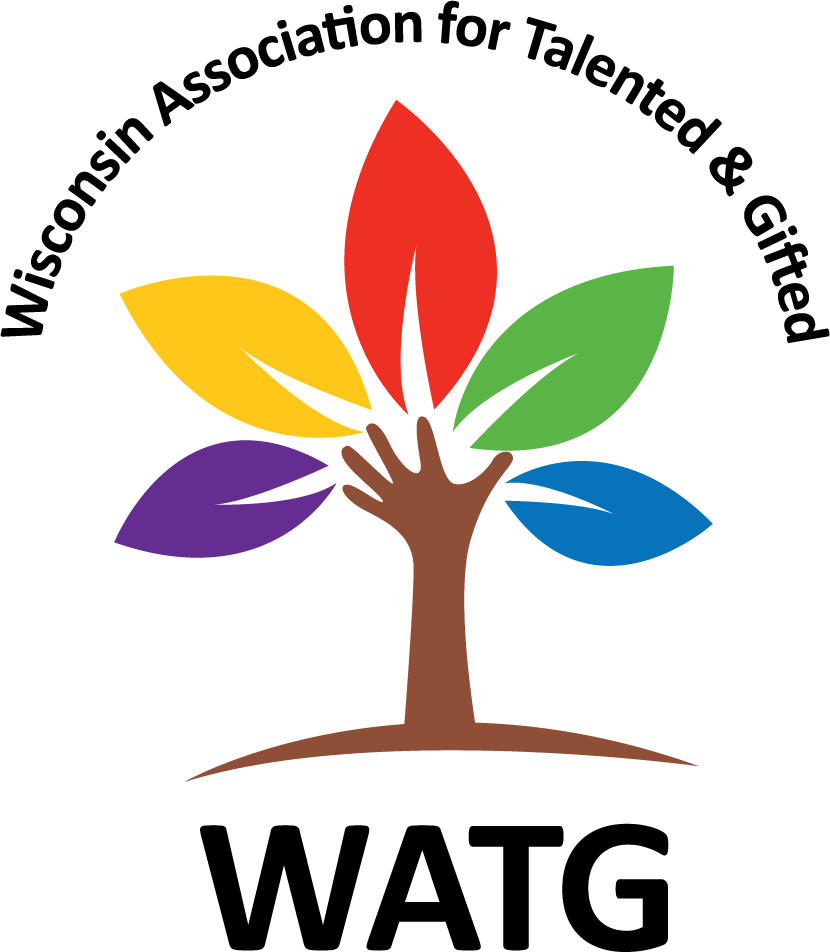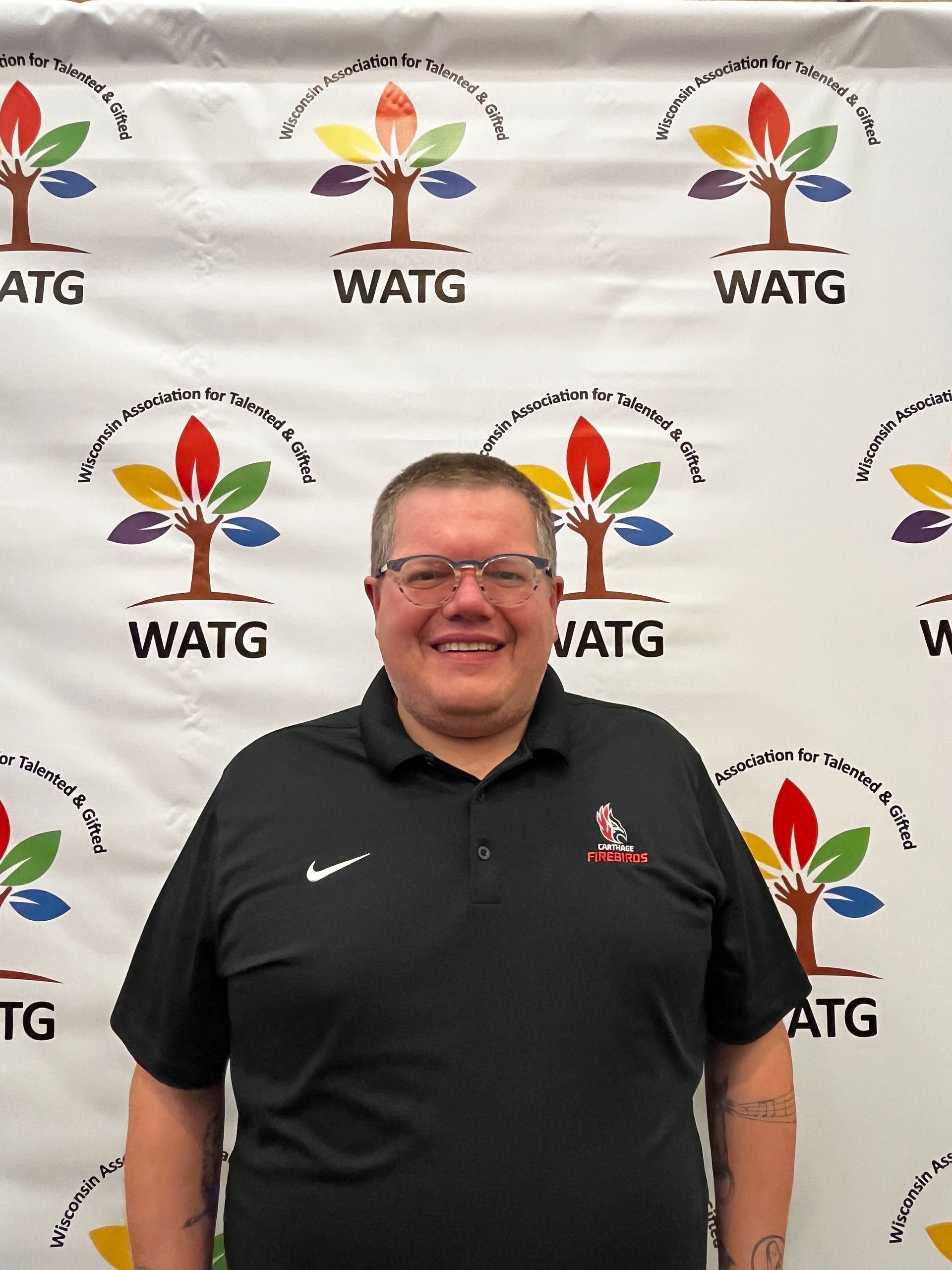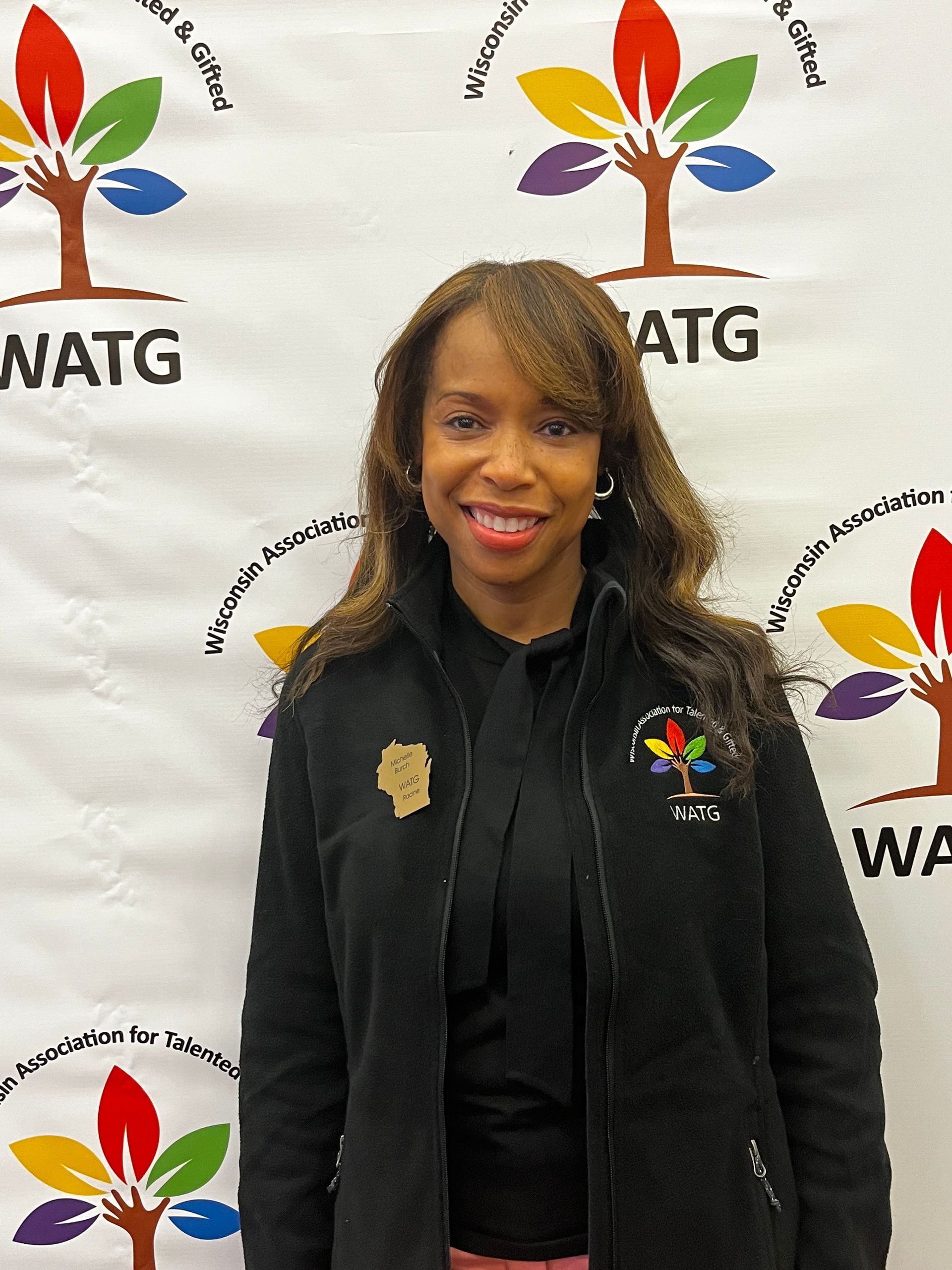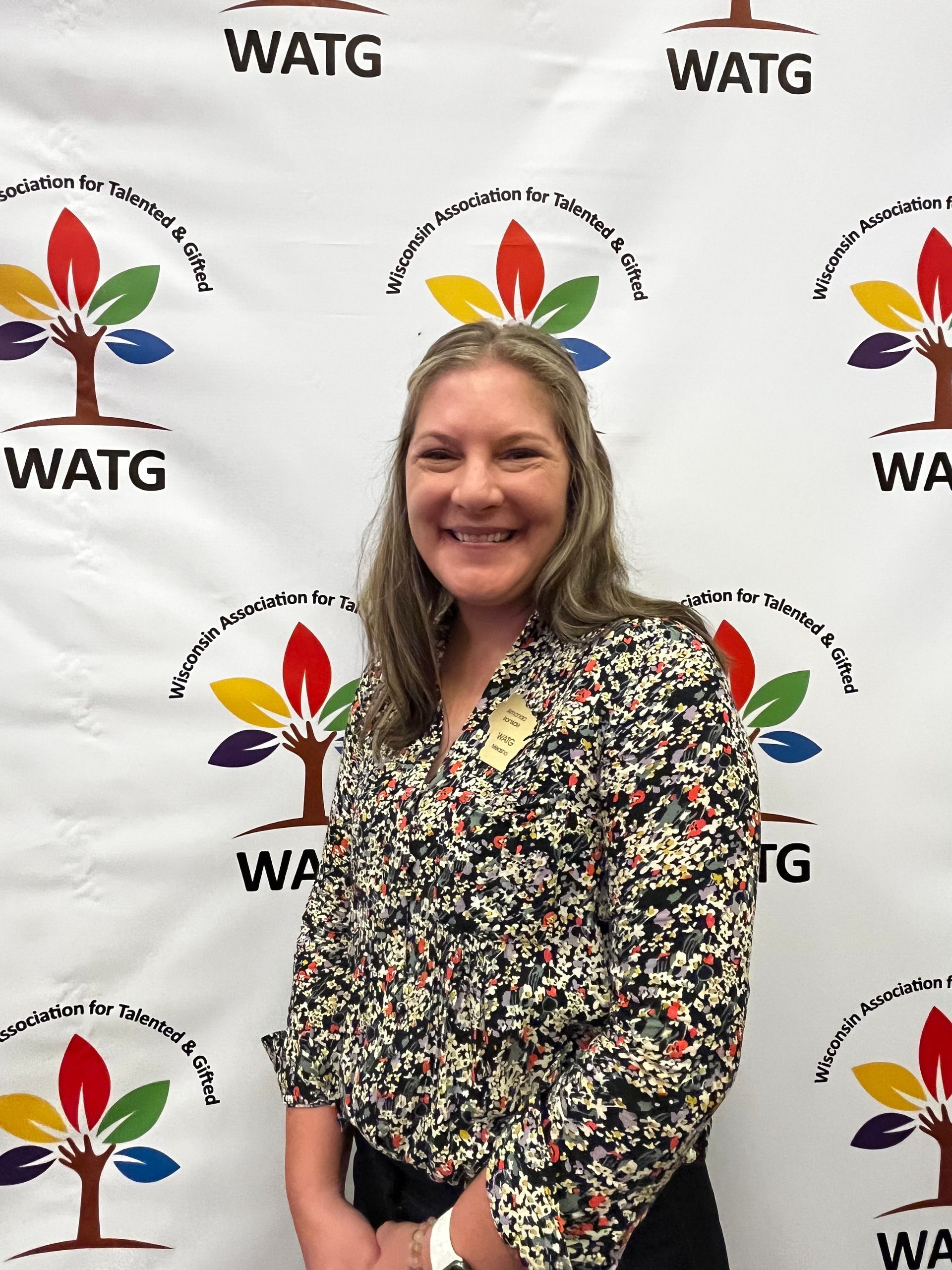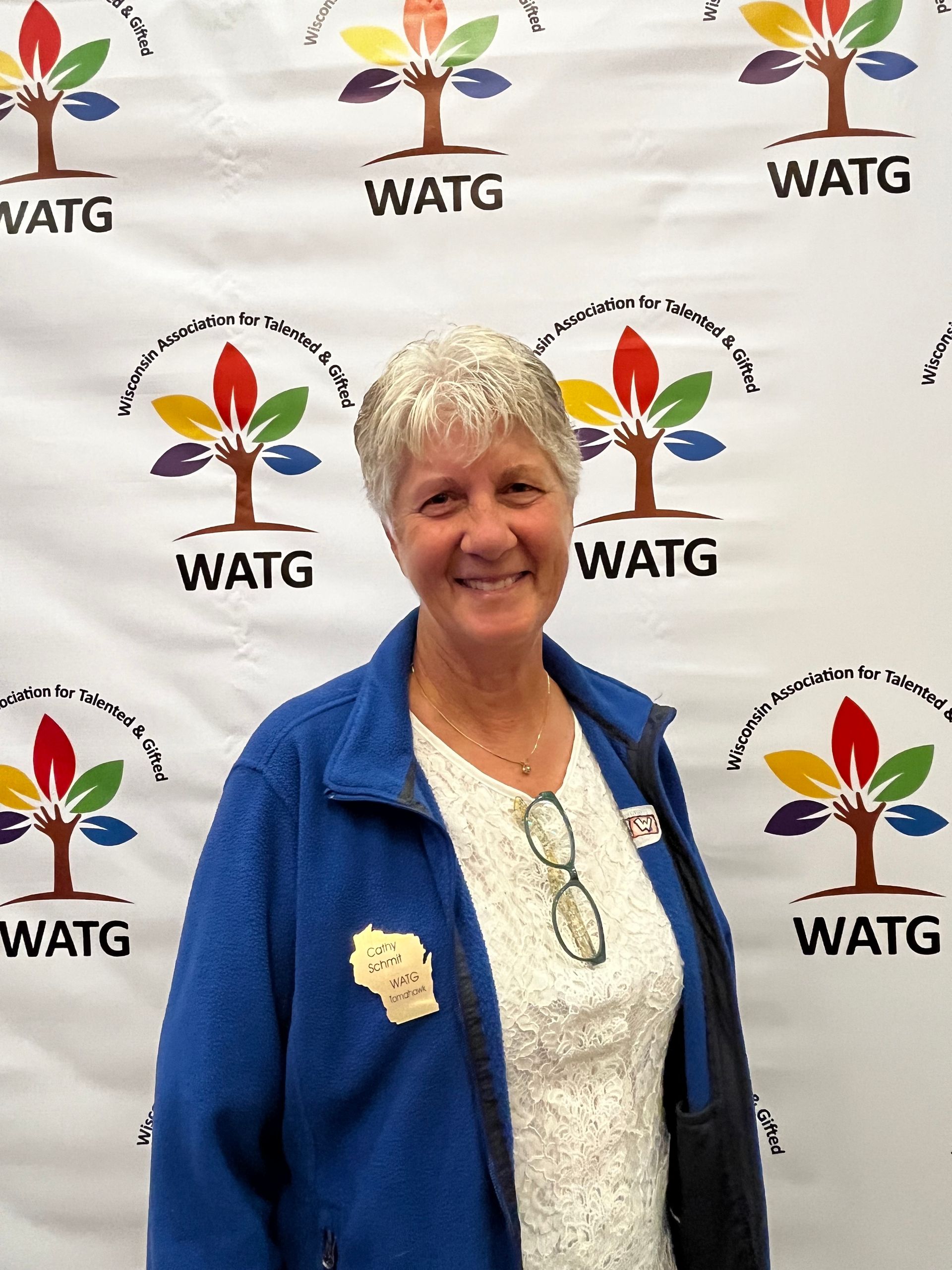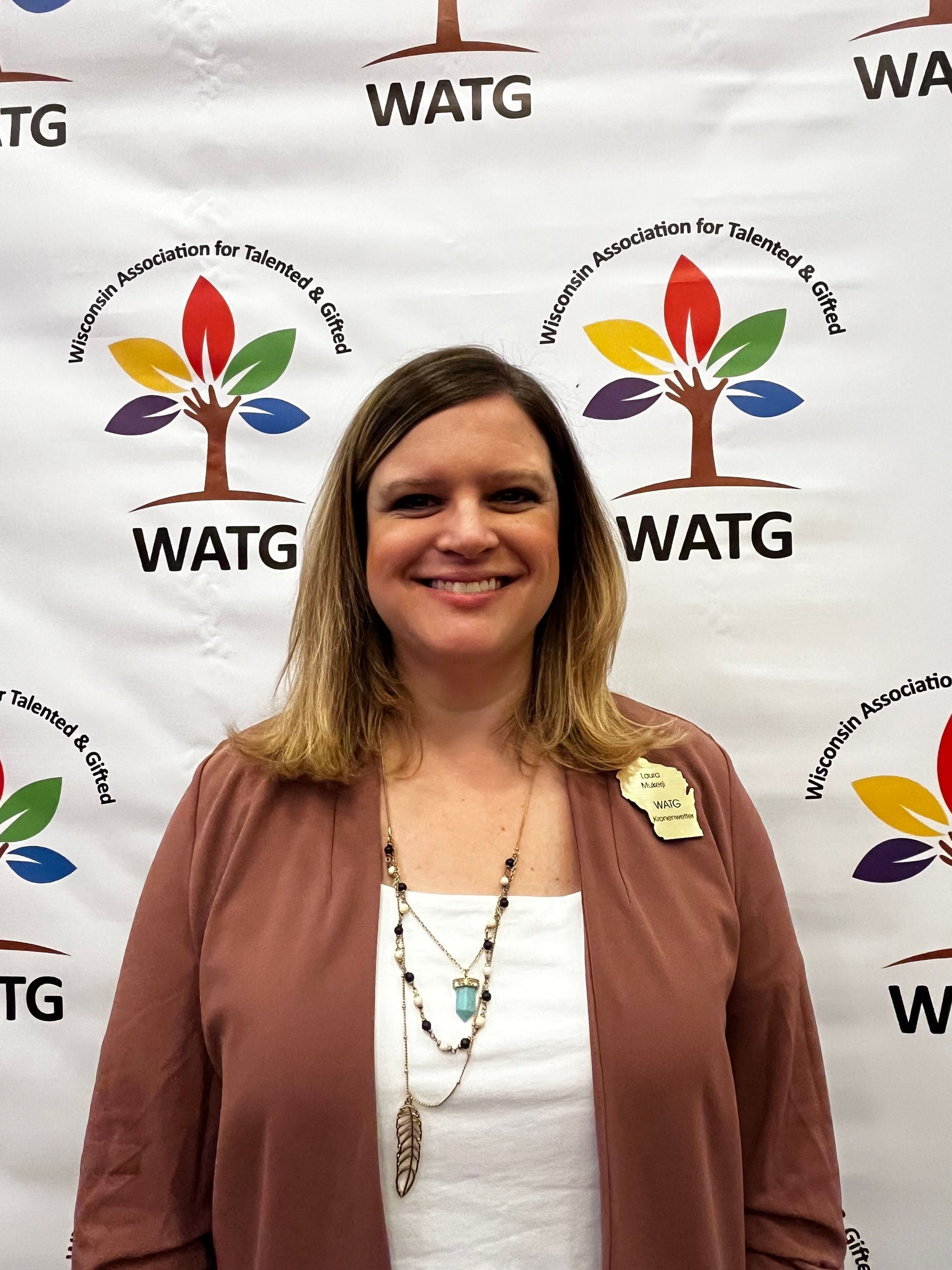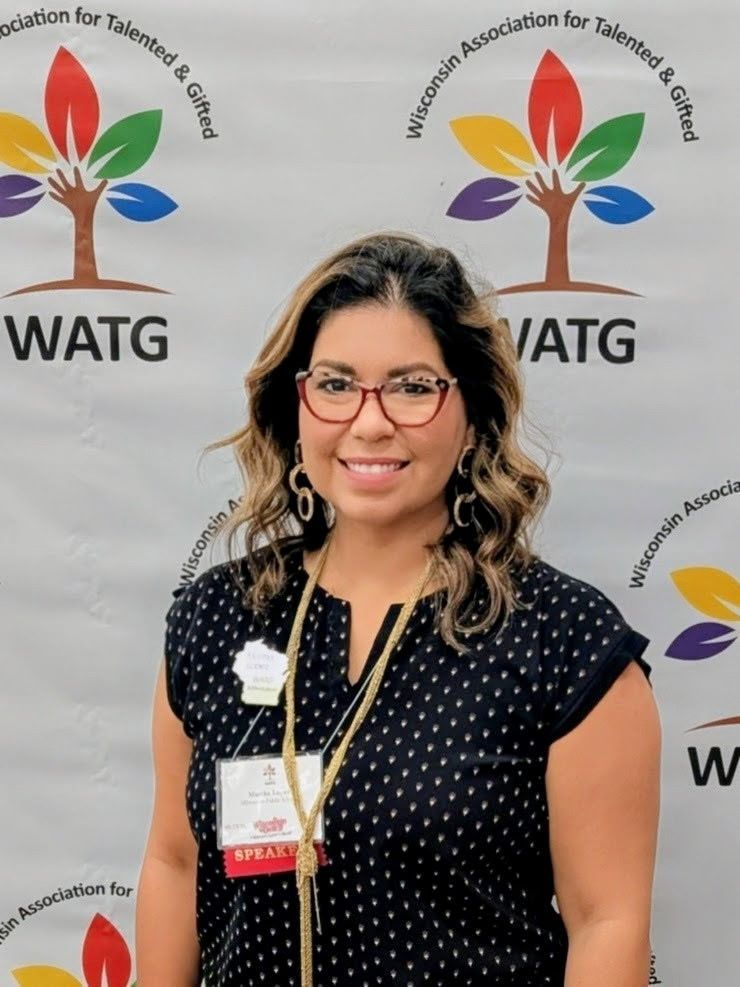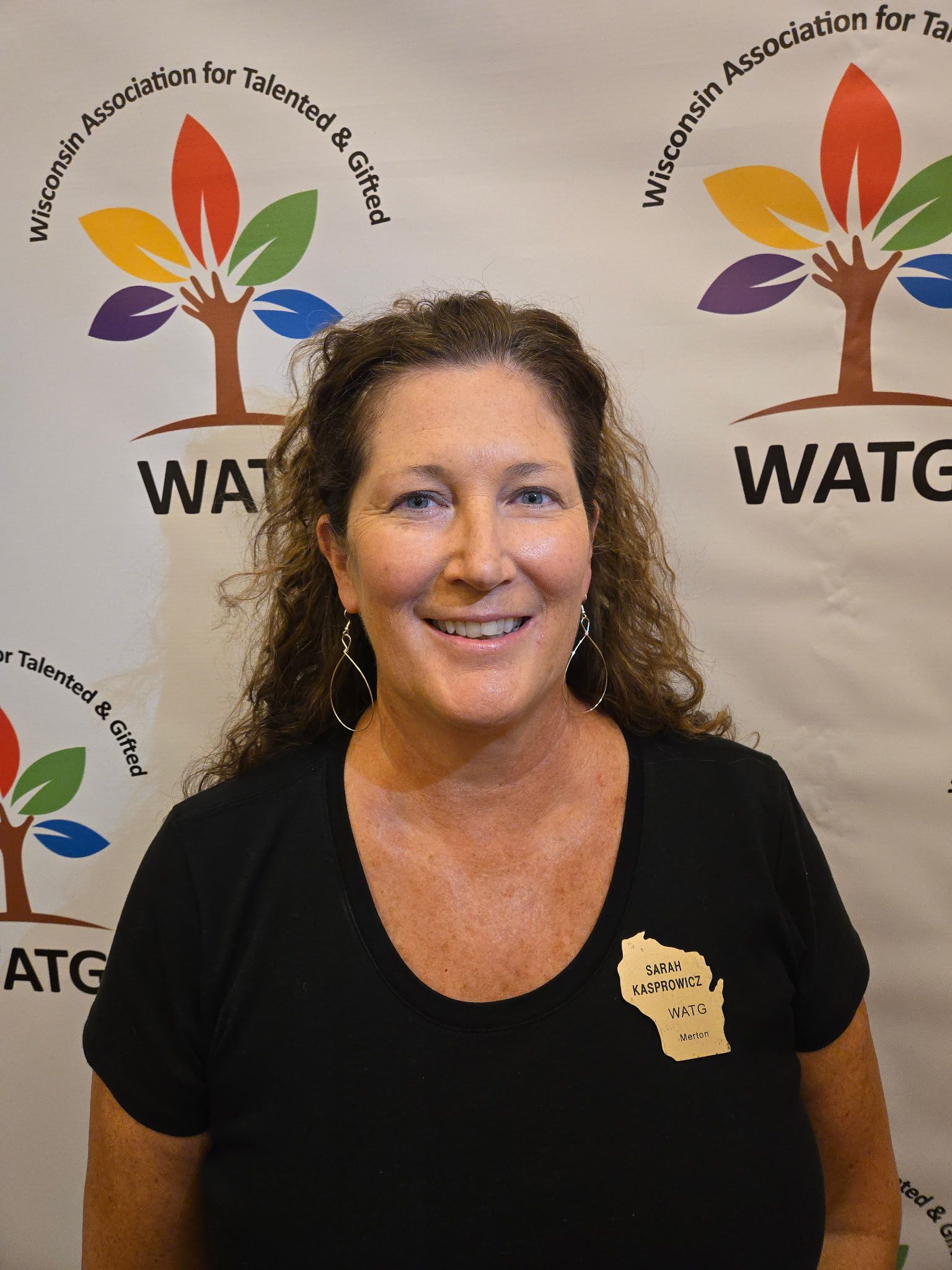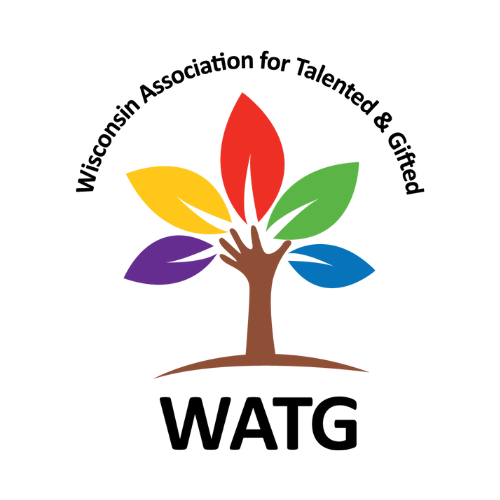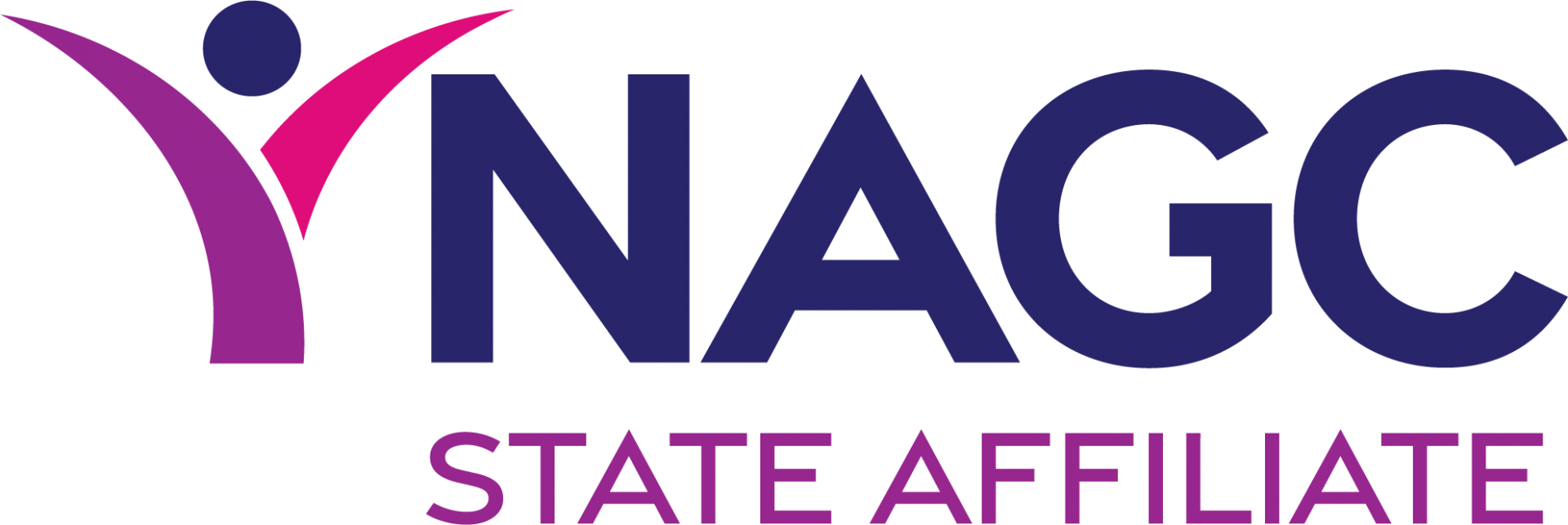Growing Your Skillset as a Gifted Educator
Entering teaching can feel daunting. And entering a field such as gifted education with little to no additional training can be downright challenging. That's how I felt as a newly hired teacher almost twenty years ago when I was hired to teach Middle School Gifted and Talented students in addition to a fine arts class. It seems to me that the title of Gifted and Talented Teacher can be viewed as an add-on when, in fact, it should be a primary title. Teachers new to the field need to find some powerful support systems. The support I received as a new teacher in my district was essential in bringing me into the world of our GT students and high-ability learners.
The first and most transformative support I found was to take part in Professional Development opportunities, such as the annual conference put on by the Wisconsin Association for Talented and Gifted, also referred to as WATG. The WATG Conference offers access to the latest research, experienced individuals, resources, technology, and teaching strategies. Keynote speakers are nationally recognized for their knowledge and competency in working with our students. Breakout sessions are led by veteran teachers who share practical strategies that can be implemented in the classroom setting. These strategies not only help with student engagement and differentiated instruction, but also with the efficacy and evaluation of data.
Oftentimes, GT students deal with imposter syndrome. Ian Byrd defines this as "a situation in which high-performing people are
vaguely praised for being perfect and then start avoiding situations where they might be 'exposed for being imperfect.'" Those who are new to the field of education may be intimidated by others more versed in working with these GT and high-ability learners. The WATG Conference allows attendees to be surrounded by passionate professionals, some of whom may be at the same stage in their careers and others who are further along in their educational journey. The feeling that I get when I partake in these sessions is electrifying.
Attending the WATG conference with others creates in me a sense of excitement and strong motivation to improve my teaching practices. At the conference, I am surrounded by those who not only understand the challenges that GT students and facilitators face; they understand that this is a unique population. As a lifelong learner, attending the conference also reinforces my desire to learn new strategies or to revisit those that have historically been utilized. The conference has significantly extended my network of people that I can reach out to when seeking counsel in providing support for my students.
No two people are exactly alike. This can also be said for teaching positions. Each unique position, and set of individuals we provide support for, carries their own challenges. Through networking with other conference attendees, I have been able to explore the philosophies, practices, evaluation procedures, and guidelines from a multitude of districts both within and outside of Wisconsin. Conference presenters are "experts in their field" and share their insights with attendees. Bonus points go out to the conference exhibitors who also offer sound advice and plenty of freebies for you to take back to your schools.
The WATG Conference equips those who work with GT and high-ability learners with practical recommendations, instills confidence, and expands their network of support. As changes happen continuously, attending the WATG Conference gives attendees the chance to pause, discuss, reflect, and grow in the world of GT. The investment of time in attending a conference is not just beneficial to the attendee, but also to the entire district–administrators, colleagues, parents, guardians, and students themselves.
I urge you to grow your skillset. Take a chance on gifted education at the WATG Fall Conference, October 6-7 at the Wilderness Conference Center in Wisconsin Dells!
By Jessica Barington, Programming Committee Member and Guest Blogger
